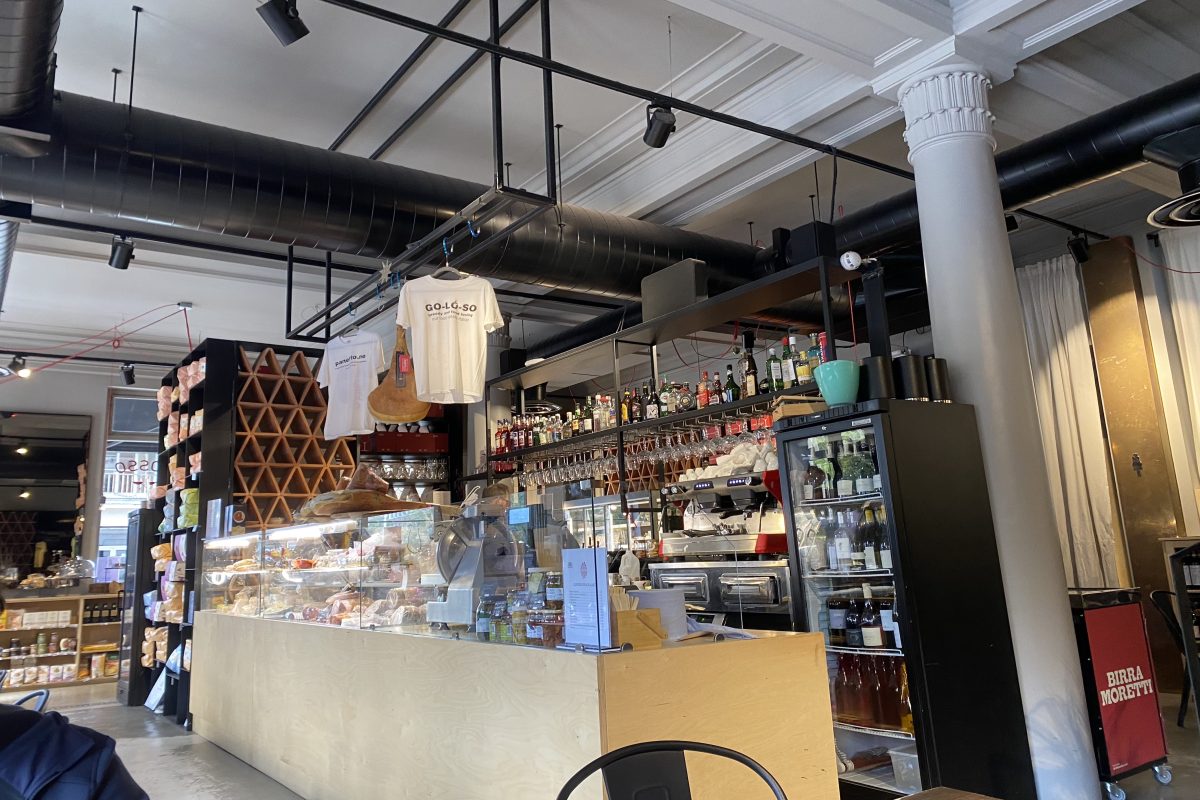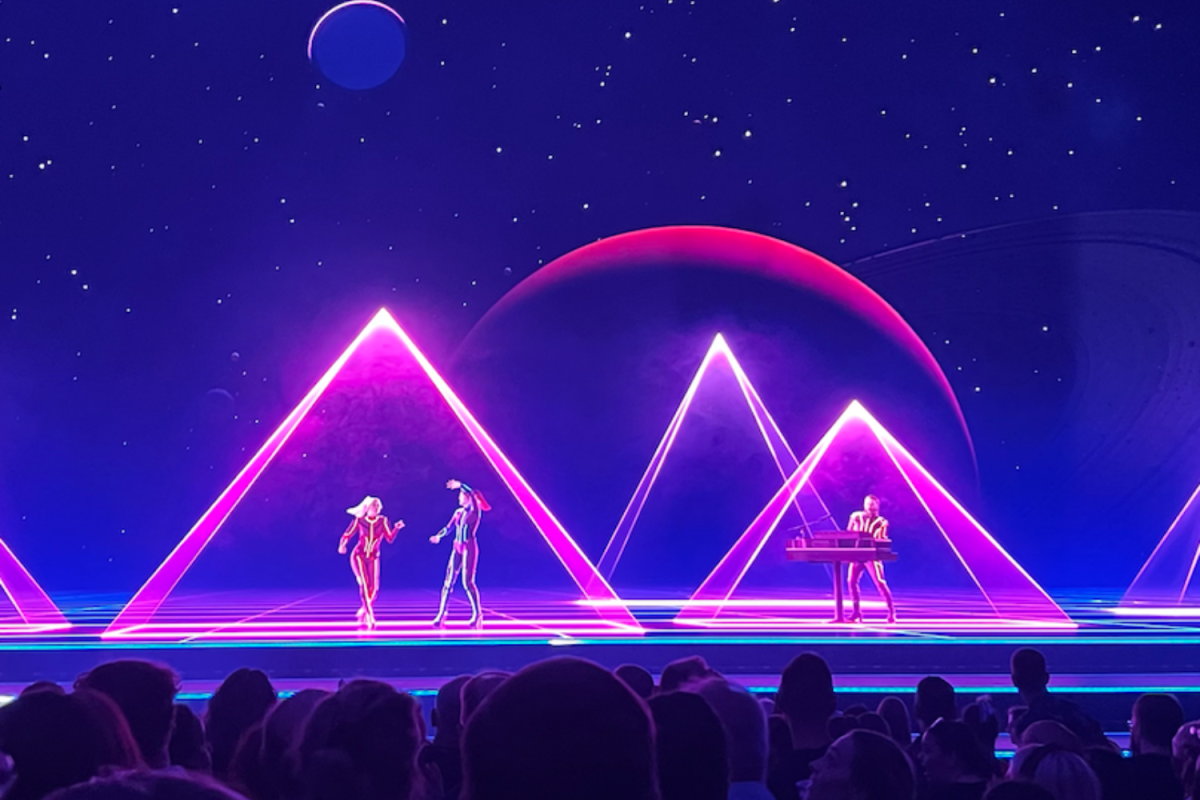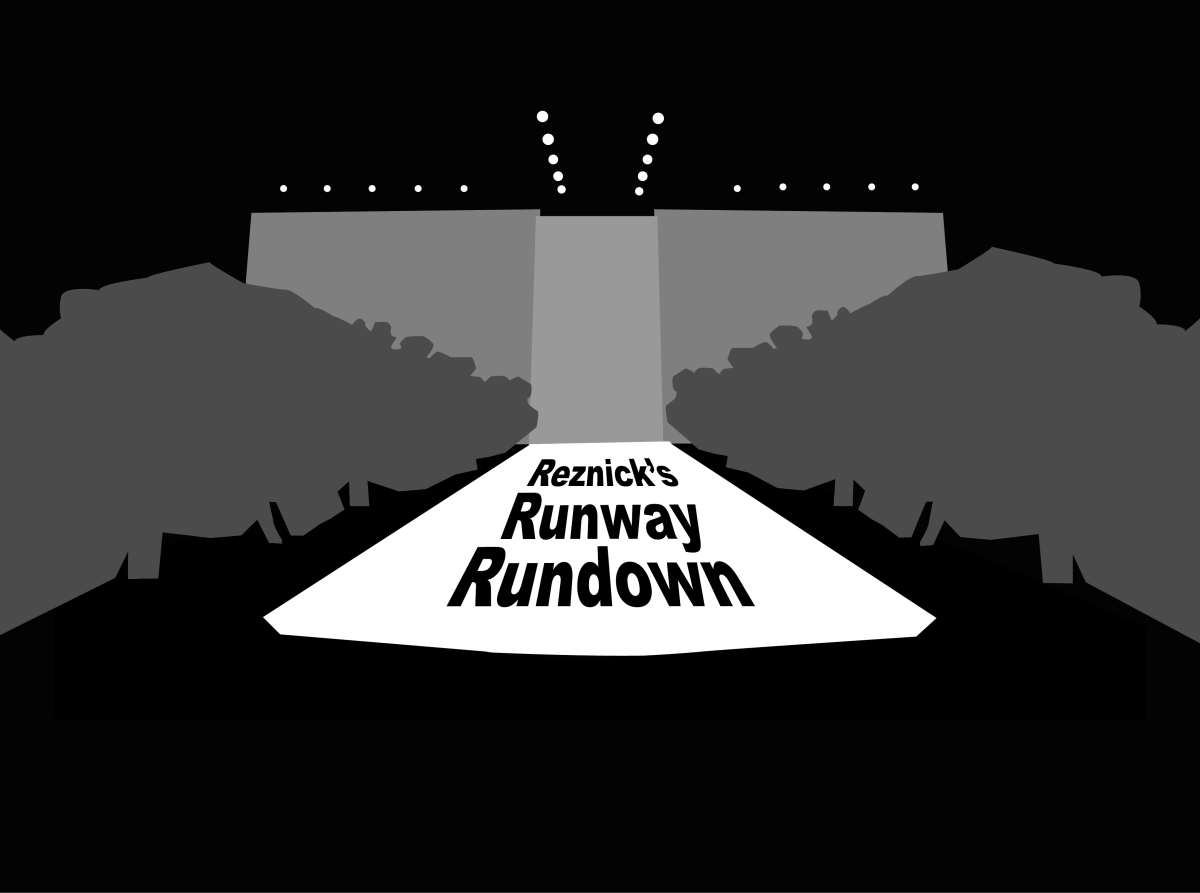In fact, Sayre isn’t a rapper. At least officially, not yet. He plans to release between one and three singles in coming months, followed closely by a six-song mixtape. These will all be released on SoundCloud, the free music sharing website.
Ever since middle school, Sayre has had a passion for the genre, starting first with consuming. In his younger years, his favorites were The Notorious B.I.G. and Tupac Shakur, but recently his taste has shifted to more mainstream artists like Drake, Kendrick Lamar and J. Cole.
For Sayre, rapping really drew his attention when he discovered “rap battles” during his freshman year. He would often challenge his friends to freestyle rap, with or without music accompaniment. Sayre was good at it too, his on-the-spot rhymes and quick-thinking mind prevailing more often than not.
Yet up until this year, studio recorded rap and the idea of producing his own tracks was something he had only just thought about. At least that was until he heard then-16-year-old Swedish rapper Yung Lean’s story. “I was just inspired by the age of some of these people. The guy who made ‘Watch me (whip/nae nae),’ he’s only 16. [Martin] Ødegaard is only 16 and he plays for Real Madrid [Football Club],” Sayre said. “I realized that now was the time. If I wanted to do anything that I was thinking about it, I might as well.”
And that’s exactly what he did. First, Sayre got together a team, calling on the editing and Logic Pro – a software used for recording – talents of his friends, Ben Hewett (’17), David Charow (’17) and Rep Woroch (’17). They would edit his vocals, find him beats – most of which he purchased from YouTube users for £20 each – and he would write the lyrics.
While Sayre has no distinct plan to “get his name out there,” another close friend and former ASL student, Zeb Berg (’17), who has 1000 followers on SoundCloud, is his main marketing channel should he wish to go down that route. Sayre has also been loosely in touch with a Hip-Hop promoter who has offered to evaluate the mixtape, but Sayre’s primary focus at this point is the ASL community – including a few teachers who have expressed interest in listening to his music.
Sayre is acutely aware of how people view him as an artist. He’s seen, first hand, people balk at the notion that he, of all people, could ever be a rapper. Yet he often points to a transformation in modern rap as a kind of explanation. “Rap has evolved. Look at Hoodie Allen, he worked at Google, in Silicon Valley,” Sayre said. “Ten years ago I don’t know if I could have gotten away with it per se – people wouldn’t have listened to it.”
Even with softening race lines, he still must work to differentiate himself from thousands of other young artists. His attempts at inimitability include his pseudonym, Nomad, and the theme of his mixtape, both of which embody his transitory life that has moved him to six different countries.
Rap, however, the cultural icon that it is, always comes back to race. “Me being white does [make it more difficult],” he said. “It’s a big thing. It’s still a very racially divided music genre.”
For him, race and respect run hand-in-hand. “Some people, if they find out it’s a white rapper, won’t listen or won’t take them seriously; it definitely changes the perception. That’s the thing, rap [is] a respect game,” he said. “After I showed people my early rap song, people said, ‘you’d be really good if you were black.’ That’s just the way it is.”
At the end of the day, however, Sayre isn’t trying to “change the rules”of rap. Rapping is something he has fun with, a glorified hobby if anything, and he doesn’t want to take it too seriously. No matter whether he is successful or not, rapping has at least served a basic purpose for him.
For him, rapping has been a stress reliever, the music keeping him in check. “I never had a diary or anything,” he said. “Rapping kind of acts as a diary in my life. I just get immersed, it’s an awesome feeling.”




